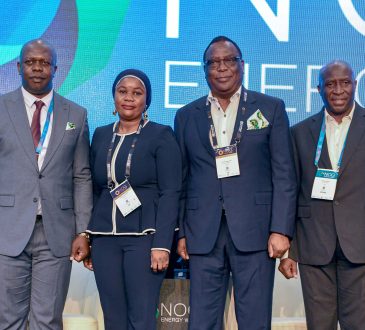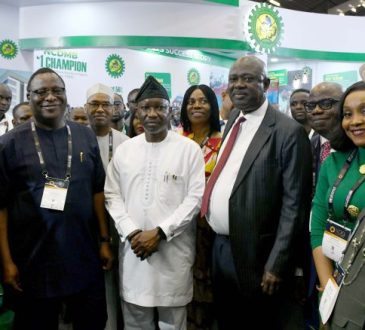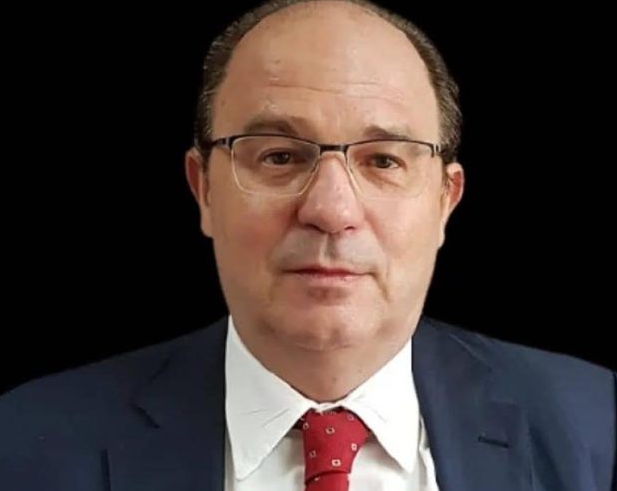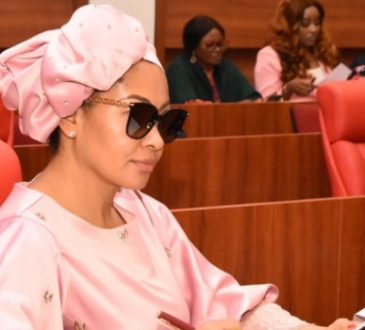
The Senate has resolved to pass a law to establish a substantive and autonomous Nigeria Financial Intelligence Unit (NFIU), following the suspension of Nigeria from the EGMONT Group.
The resolve of the senate is in-line with its commitment to support the anti-corruption agenda of the present administration.
The EGMONT Group is a network of 152 Member Countries that share information relating to criminal intelligence and financial investigations that deal with money laundering, terrorism financing, proliferation of arms, corruption, financial crimes and economic crimes.
Several news reports have stated that President Muhammadu Buhari’s anti-graft war has suffered a massive set-back with the suspension of the Nigerian Financial Intelligence Unit (NFIU) from the EGMONT Group.
“In the event of an eventual expulsion — following its current suspension — Nigeria will no longer be able to benefit from the financial intelligence shared by the other 152 member countries of the group, which includes the United States and the United Kingdom, which will significantly hamper its abilities to recover stolen funds that are stashed abroad,” the Media office of the Senate President said.
“This is why in a quick reaction today, the Senate adopted a multiple point resolution that called for the establishment of an independent NFIU, and the empowerment of the unit to be able to exchange and relate with all countries on the issues within its mandate at bilateral and multi-lateral meetings.”
Additionally, the Senate’s resolution called on the Ministries of Justice, Finance and Interior to work to ensure that Nigeria’s suspension is immediately reversed and ensure that all the conditions set by the EGMONT Group were met to lift the suspension.
The Senate also called on the Executive to include a separate budget for the NFIU in any supplementary budget that it sends to the National Assembly before the end of the year, stating that this would ensure that Nigeria’s suspension was lifted as soon as possible.
In his comments, President of the Senate, Dr. Abubakar Bukola Saraki, stated that separating the NFIU from the EFCC will show that we are serious about this anti-corruption fight. The Senate President further called on the Senate to begin the process of enacting the law.
“We must make sure that the suspension is lifted,” Saraki said, “The earlier we get it lifted the better it is for our image and the sooner we can restore our standing internationally.”
Senator Foster Ogala (Bayelsa West), stated that the expulsion of Nigeria from the UN-backed EGMONT Group would spell doom for Nigeria.
He urged the Senate to initiate the passage of the NFIU Establishment Act in order to ensure that it contributes its own significant quota to fighting corruption in Nigeria.
The Senate further directed that its Committee on Anti-Corruption should begin work on a Bill and present it to the full plenary within 4-weeks.
Nigeria was suspended for failing to support the Unit with a legal framework granting autonomy to the NFIU by January 2018.
The country risk expulsion if the law was not passed.
In the event of an expulsion, Nigeria will no longer be able to benefit from financial intelligence shared by the other 153 member countries, including the US and the UK, while the country’s ability to recover stolen funds abroad will also be hampered.
The federal government is currently seeking to recover funds laundered globally by politically exposed persons and their associates.
Another major dire consequence will be the blacklisting of Nigeria in international finance, and this could affect the issuance of Mastercard and Visa credit and debit cards by Nigerian banks.
It could also affect the international rating of Nigerian financial institutions, restricting their access to some big-ticket international transactions.
Nigeria’s admittance into the group in 2007 is considered to be one of the biggest achievements of the President Olusegun Obasanjo administration.
The membership ensured the removal of Nigerian banks from the blacklist of international finance.
Credit: NAN






